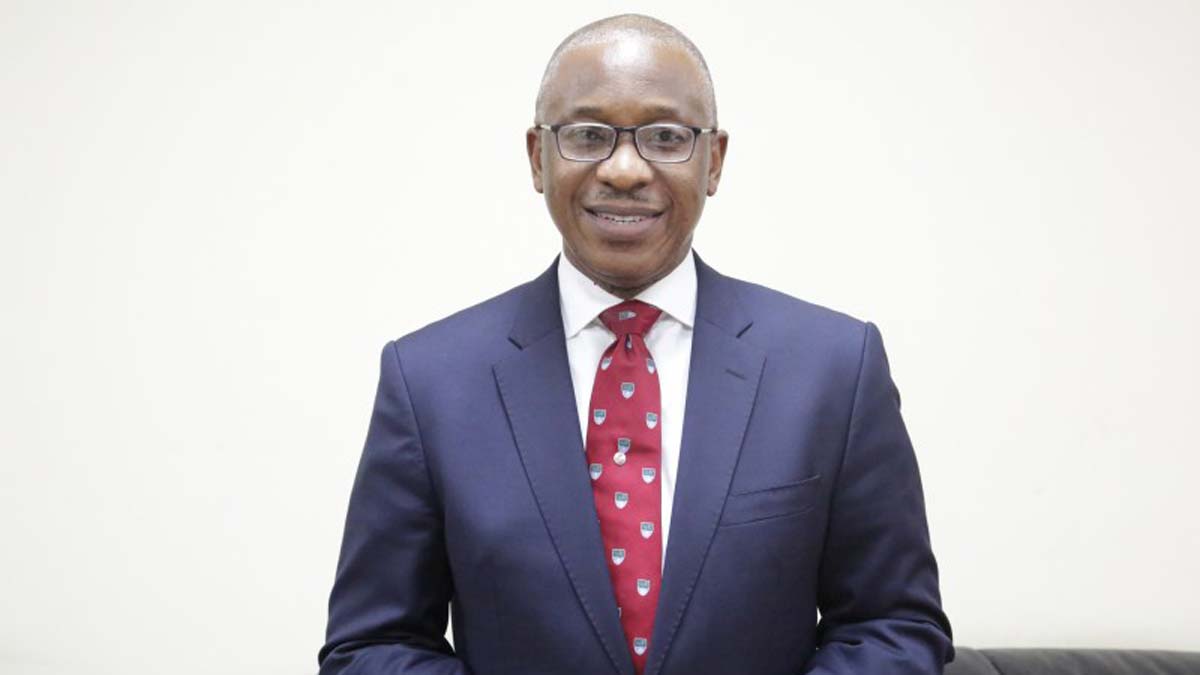
The Director General of the privatisation agency, Alex A. Okoh, made the disclosure while receiving members of the House of Representatives Committee on Privatisation, led by its Chairman, Ahmed Yerima, on oversight visit to the Bureau, in Abuja, recently.
Okoh attributed the poor performance of the enterprises to the challenging operating business environment in Nigeria, which he said had made it difficult for many businesses to survive, while many private or privatised public enterprises have either closed down or relocated to neighbouring countries.
The BPE helmsman informed the lawmakers that the Bureau has commenced a thorough review of the non-performing enterprises to ascertain the issues affecting their non-performance.
He listed the new initiatives embarked upon by the Bureau to include, the Afam Power & Yola Distribution Company privatisation, concessioning of the Terminal B of the Warri old Port, and the restructuring and commercialisation of the Bank of Agriculture (BOA).
Others are partial commercialisation of NIPOST, restructuring and commercialisation of the 12 River Basin Development Authorities (RBDAs), reform and commercialisation of three of the nation’s national parks and other initiatives in the power sector.
He added that 94 enterprises have been monitored, while the rest have been not because “some were either assets sale or in the first phase of privatisation, and as such did not fall within the BPE’s monitoring purview.”
He said out of the 142privatised enterprises, 63 percent of them are doing well, while the remaining 37 percent are not performing.
The Director General further explained that 63 were through core investor sale, nine through guided liquidation, one through sale to existing shareholders, five through public offer, and two through liquidation.
He added that eight were privatised through private placement, 41 through concession, two through debt/equity swap, and 11 through sale of assets.
Breaking down the enterprises by sectors, Okoh said five were in the agriculture mechanisation, eight in automobiles, seven in banking and insurance, six in brick-making, and six in the cement sector.
The others, he listed were 10 in energy construction and services; 12 in hotels and tourism; eight in oil and gas; four in paper and packaging; 19 in solid minerals and mining; seven in steel and aluminium, four in the sugar sector, 26 in marine transport sector, 19 in power, and one in telecoms.
Earlier, Yerima had explained that the Committee was at the Bureau to have first hand information on its activities; and to ascertain its compliance with the provisions of the 2017 Appropriation Act, in line with the resolution of the House that all Ministries, Departments and Agencies (MDAs) complied with the Act.
The Chairman assured that the Committee would use it legislative powers to ensure that BPE’s mandate is not usurped by MDAs; and noted that any attempt in that direction was an infraction on the constitution of the country.
{ad unit=2]



